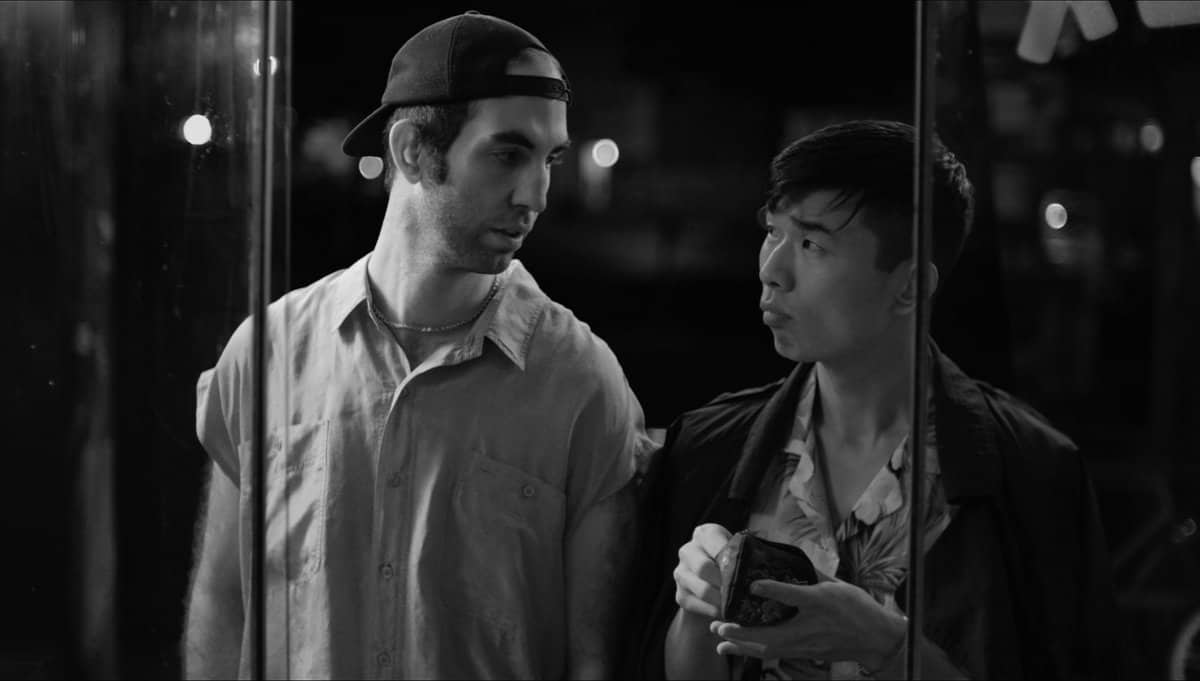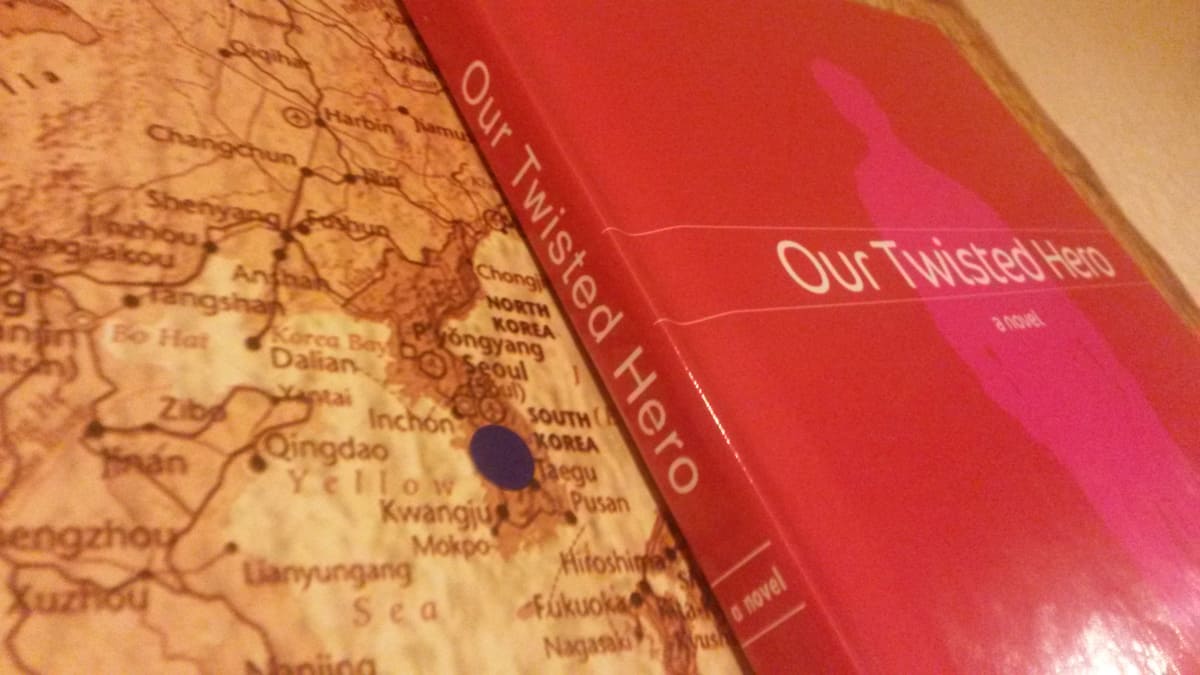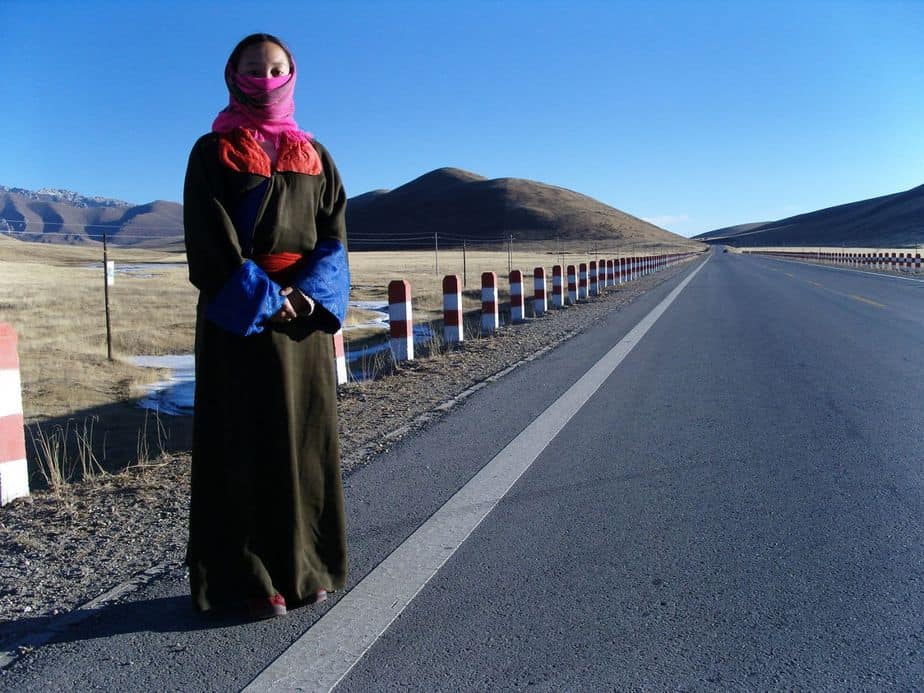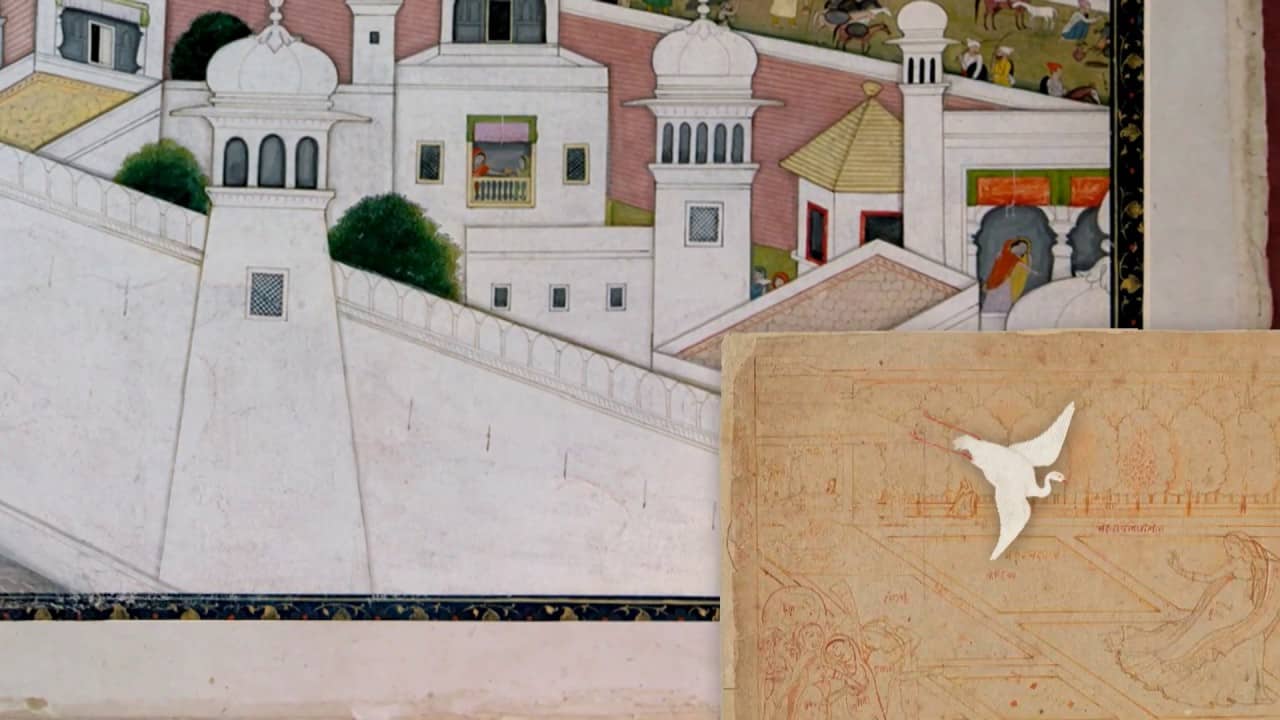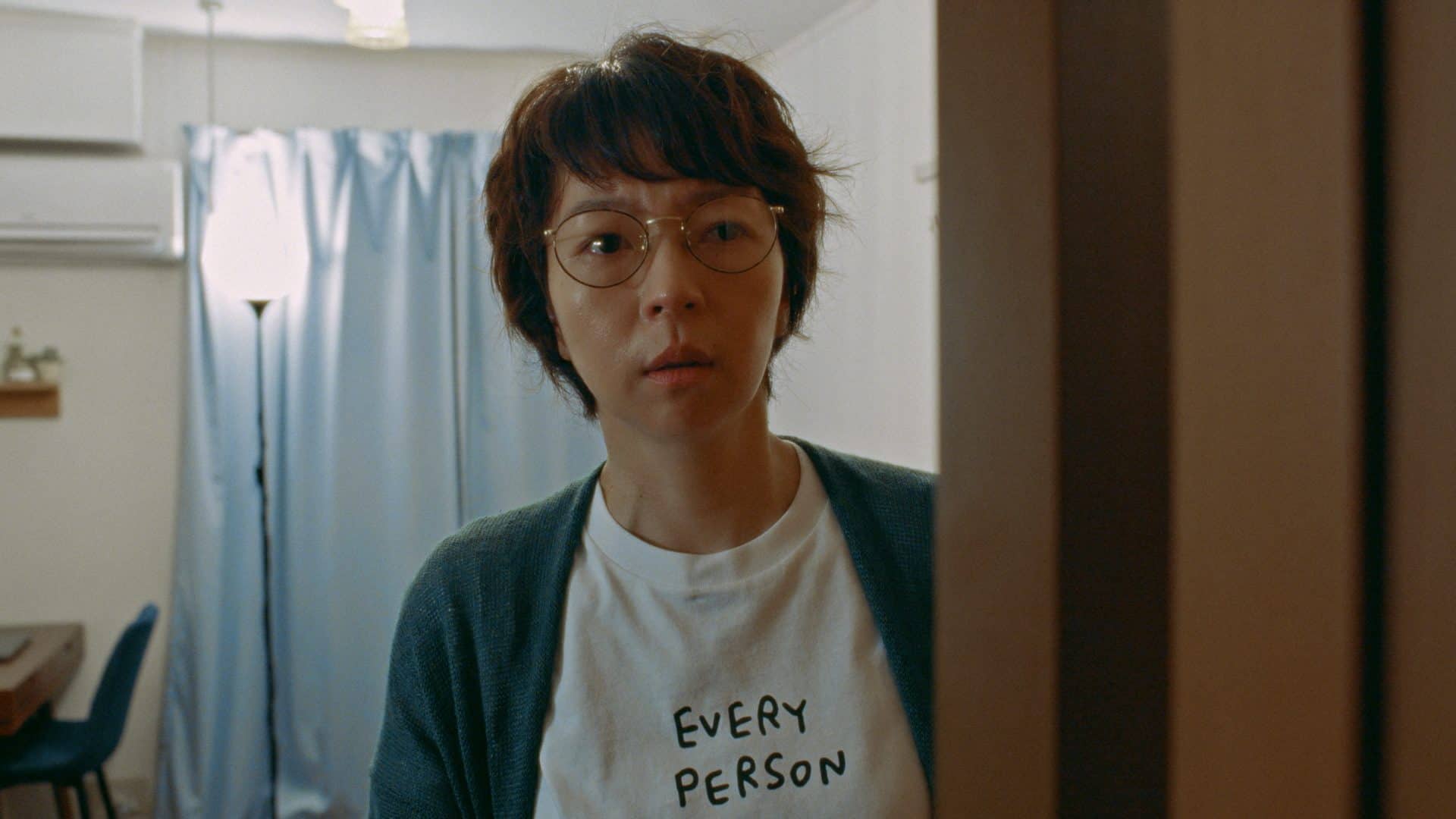Even though every season comes and goes in our lives, very few of those springs, summers, falls and winters leave some lasting memories, albeit for the more or less obligatory row of snapshots during holidays and perhaps family gatherings. Especially summer is also often regarded as a season of saying goodbye, with many students graduating in these months, making it a very important period in their lives as a big part of them is now in its final stages. Literature, film and especially poetry has dedicated numerous stories to this concept, with Kohei Sengen's debut feature “Song of a Dying Summer” in some ways bridging the gap between these three art forms. As a fan of the combination of literature and features as well as his previous short films exploring topics such as times and the changing of seasons, “Song of a Dying Summer”, inspired by a poem by a famous Japanese writer, is in many ways a culmination of all these styles and themes he has been working with throughout most of his career.
Song of a Dying Summer is screening at Nippon Connection

The story tells the story of four very close friends, Natsu, Aki, Fuyu and Haru (Takeshi Yoshida, Hinata Sano, Yohei Sakuragi and Kodai Ito), who have been living in Tokyo with their families all of their lives. During their youth, they have found themselves exploring the borders of their district, finding adventure and distraction in the alleys and squares of their home, until all of them have either found a job or a place to study. After all of them graduated, it is time for them to say goodbye, even though none of them would like to admit it.
While one of them takes over more and more responsibility being the watchmen of a building site, whereas the other helps out in a library, Natsu wants to write a play about their friendship and their time together. However, his time is running out, and when the first one of their group has left, the reality of their final summer together begins to dawn on all of them.
In many ways, “Song of a Dying Summer” is a great example of a feature combining narrative and style. The choice of 8 mm film gives the feature a very distinctive look, almost like a home video someone is showing to his/her friends about this particular group of friends, highlighting the themes of nostalgia and the passing of time, which are at the core of the story. Considering the technical difficulties of using 8 mm, there is also the idea of each shot, each moment captured on camera being somewhat special and never to return again, which is mirrored by the four boys realizing these are the final days of them being in that restaurant or alley of their hometown. There is even something deeply touching about Sengen's approach, emphasizing the irretrievable nature of each moment these characters spend together.
Apart from the technical perspective, it is also the actors who enhance the story with their performances. The actors playing the four boys have a believable chemistry, as if they have been old friends in reality and have to go through the pain of departing from this chapter of their lives and the people who have accompanied them thus far. Additionally, this feeling is further highlighted by a strong sense of place and location, with each setting bearing some emotional connection to the story or the character, for example, the recurring image of a certain railway track. In combination with Suguru Murakami's quite beautiful score, these images may evoke a feeling of nostalgia even in the audience, further highlighting the poetic nature of the story, which is seemingly what Sengen is after in his feature debut.
In conclusion, “Song of a Dying Summer” is less of a drama and more of a hybrid of feature and visual poem about letting go and saying goodbye. Kohei Sengen follows an unusual, but quite interesting approach when it comes to storytelling, which is further enhanced by the beautiful score and the great performances of the cast.




